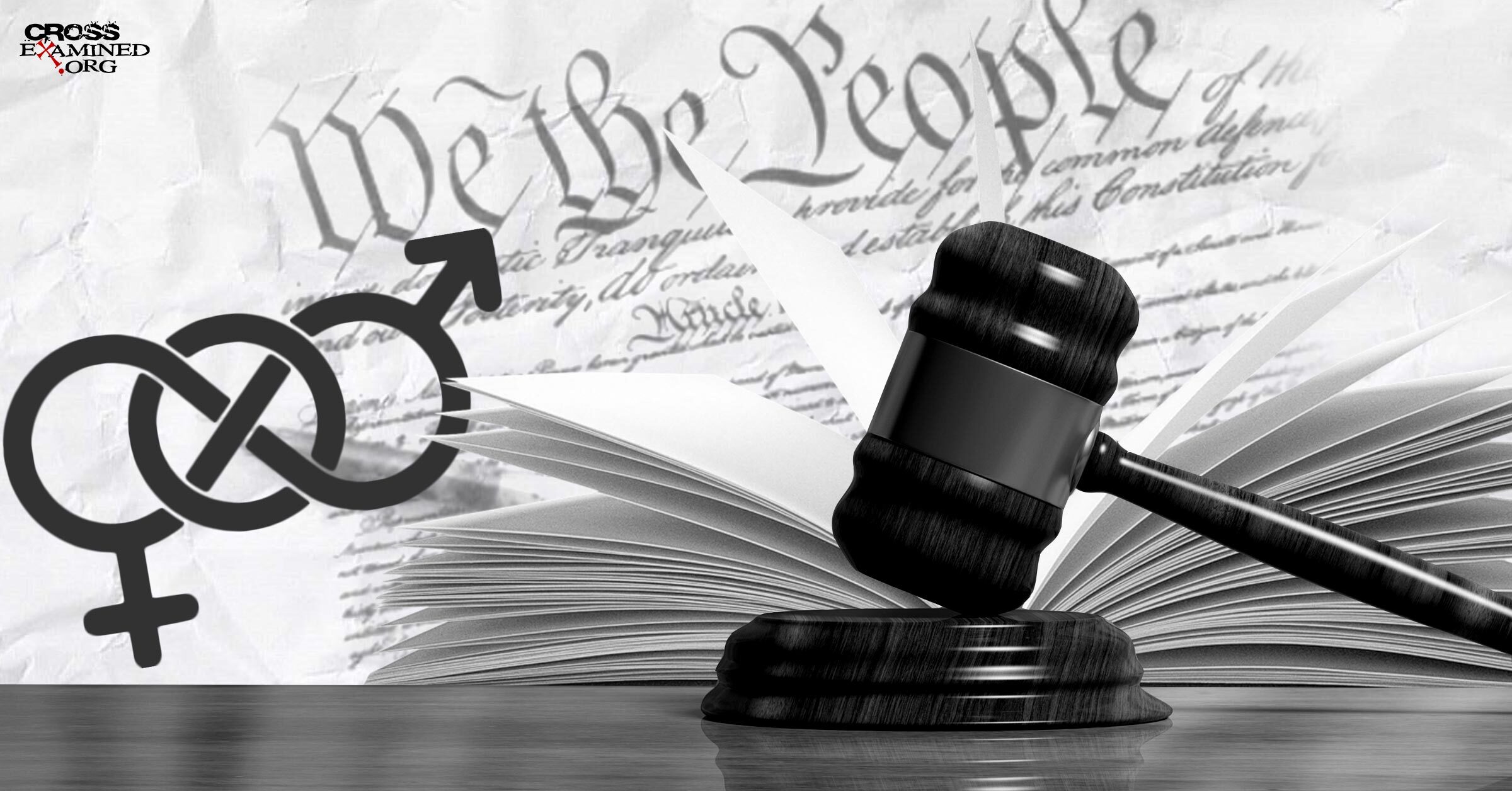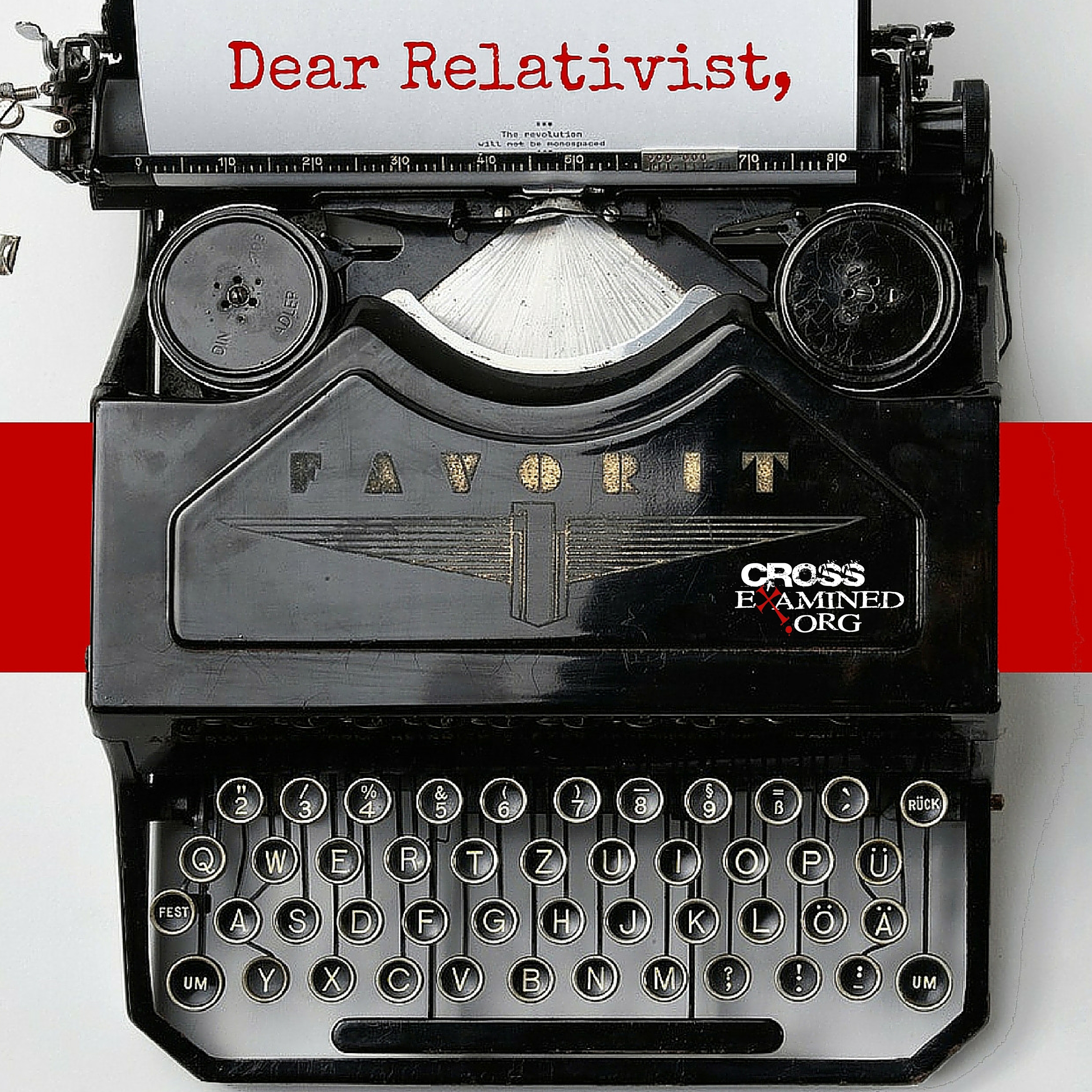Surviving political landscapes as a Christian has always been challenging (ancient Rome was harsh, y’all!). However, this U.S. presidential election cycle feels like the most difficult in recent history, and the American political landscape seems to grow more contentious every year. So, how do we navigate this minefield with truth, love, and joy? It’s not easy, but it can be simple.

[If you know how to coopt this “click-to-tweet” function so it redirects to the CE article go ahead, otherwise, let’s Block Quote these] So, how do we navigate this minefield with truth, love, and joy? It’s not easy, but it can be simple. Let’s talk about how. Click To Tweet
Should we get Political at all?
First, let’s address the elephant (and donkey) in the room. Should Christians even get political? I mean, doesn’t Romans 13:1-7 basically tell us to obey the government God has allowed to rule over us? Yes, and no. Yes, we are absolutely to obey the government authorities unless they are asking us to violate God’s laws. However, we have a totally different form of government than the Roman Empire during the first century. The early church had no say in their government. They were under authoritarian control and could do little more than choose their attitude of servitude. However, the U.S. was founded as a democratic republic and expects participation as part of our civic responsibilities. We should voice our thoughts in various ways, including contacting our legislature and voting for the candidates we wish to represent us.
Everyone promotes their values and beliefs in the public sphere, whether those values and beliefs flow from truth, feelings, or faith. Our values are shaped by what we believe is true about the world and everything in it. If we believe the Bible is objectively true about God, the universe, and everything, we would be terrible citizens (much less Christians) if we didn’t use it to inform our values on laws and policies. Remember, there is no neutral. Every citizen uses their strongly held beliefs to determine how to interact in our political sphere. Christians have every right to do so as well, and even a mandate to do so as salt and light! (See Matthew 5:13-16.) Ask “How is the way I’m voting preventing decay in our society?” Political discourse is a good opportunity to demonstrate for your children how our faith is active in all parts of our lives, not something we put into a compartment and take out only on Sundays.
We do not have to hold our values quietly just because we believe they were instituted by God. While our primary citizenship is in God’s kingdom (and this earth for sure ain’t it!) we can strive to promote the best values possible while we reside in the here and now. In fact, everywhere biblical Christian values have been used as the foundation, society has flourished.1 They are verifiably good values to promote. (Note: Some books for further reading include Faithfully Different by Natasha Crain and We Will Not be Silenced by Erwin Lutzer.)
Yes, Get Political. But how?
So yes, we can get political, but how do we do so in ways that reflect Christ and spread the benefits of His morality?
Step 1 – Be loving and reasonable. Jesus told us that people should recognize Christians by our love (John 13:35), so first, as Mama Bear Lindsey Medenwaldt puts it plainly in her book Bridge-Building Apologetics, “Don’t be a jerk for Jesus.” Secondly, as much as it is up to us, we are to be at peace with all people (Romans 12:18). While we are called to defend our faith in 1 Peter 3:15, we should do so with gentleness and respect. Our tone should always be loving, kind, and reasonable, even when we need to be bold and unapologetic.
Philippians 4:5 reminds us that our reasonableness should be evident to everyone and that we should not be anxious for anything. We are on the side of truth, and the truth is on your side. We do not need to get frustrated or angry when people don’t agree with us, but rather should seek to be persuasive in how we communicate that truth. One of the best ways to do that is by using questions. Ask people what they believe, why they believe it, and how they came to that conclusion. And then be willing to amend your conclusions if someone presents evidence that you hadn’t considered before! Sometimes asking questions can gently reveal that a person’s beliefs are not built on solid foundations like logic or factual arguments. We also get the added benefit of building a relationship by listening to each other instead of just seeking to make our own point.
Step 2 – Don’t be silent. Once, I was chaperoning a field trip and had several unknown students assigned to my bus. While calling roll, I could not imagine how to pronounce the name L-a. When I cautiously asked for La, I was corrected, “It’s Ladasha. The dash don’t be silent, Miss.” While this was a humorous lesson for me in creative spelling, I couldn’t let go of the idea that the dash shouldn’t be silent. One of the most powerful speakers at the Reality Student Apologetics Conference this spring, La Nej Garrison, spoke about the dash between our birth date and death dates representing our lives. And that our lives should not be silent. God has given each of us a voice and a sphere of influence that includes your children, your friends, maybe even a public audience. Are you using your dash to glorify God and make Him known?
Your primary commission from Jesus is to go into the world and make disciples. While it’s tempting to create a small circle echo chamber of like-minded friends, that does nothing to spread the gospel message. Be willing to get uncomfortable and make friends with people who might disagree with you. Share the gospel. Love them loudly. Don’t be silent in the face of evil. Be the first to stand for what is true and good. Let your life speak volumes. People are listening and your children will learn how to live from your example.
[If you know how to coopt this “click-to-tweet” function so it redirects to the CE article go ahead, otherwise, let’s Block Quote these] Share the gospel. Love people loudly. Don’t be silent in the face of evil. Be the first to stand for what is true and good. Click To Tweet
Step 3 – Do your own research. If we want to have reasonable, powerful conversations with our friends and family, we need to know what we’re talking about. While we live in the information age and anything we want to know is at our fingertips in a moment, there is too much information of varying quality, and everyone has a platform. It’s very important that you know who is worth listening to.
Start tracking reliable sources. Look for people who do not use outrage as clickbait. Reporters should stick to the facts and leave editorializing to the editorial page. Most of mainstream media tends to be biased, so make sure you are doing things like reading articles from both sides of the spectrum and watching C-Span instead of CNN. Try to find neutral outlets as much as possible.
Also, read the original documents when possible, like the Constitution or the text of a proposed bill. Don’t settle for some talking head telling you what a law says or what a candidate endorses. Read the law, platform, or speech for yourself. The media tends to name things in pithy ways that influence most people who never take the time to read them for themselves. People allow their opinions to be decided by the commentators’ name for a bill or the title of an article rather than individual research. (See our post about the 2022 Florida “Don’t say gay” bill. What people sensationally claimed was is in the bill didn’t show up anywhere in it.) Know what you’re promoting and voting for.
Step 4 – Consider the platform, policies, and personnel over the person. This year especially, our choice of presidential candidates leaves something (okay, a lot!) to be desired. Neither one seems to be appropriately moral (at least not in their pasts), and both are prone to exaggeration, misdirection, and straight up deceitfulness. Frankly, trying to listen to either of them talk is often unpleasant, but we’re voting for more than the person. (See John Ferrer’s article here on how we are voting for policies, platform, and personnel (like 4000 of them…). Which of these candidates has ideas that you want to duplicate in all spheres of government, like 4000 times?
[If you know how to coopt this “click-to-tweet” function so it redirects to the CE article go ahead, otherwise, let’s Block Quote these]Which of these candidates has ideas that you want to duplicate in all spheres of government, like 4000 times? Click To Tweet
It would be LOVELY if we had a candidate that reflected Christ, didn’t have a messy past, was bold and confident while also being kind and reasonable. But as a nation, we didn’t vote to put those people on the ballot. SIGH. We have the choices we have.
Remember, Jesus Christ is King.
We do not serve a fallen god or a dead king. We serve the risen Jesus who is seated on His throne at the right hand of the Father right now. Nothing happens on this Earth that is not under His sovereignty. The same God who allowed Nebuchadnezzar to conquer His people rules over our elections, too. Sometimes, God needs to show His people how far we’ve fallen in order to call us to repentance. (And if there is one thing our nation needs, it’s a call to repentance!) Do not despair. You were born for such a time as this. Raise up your dragon slayers to slay the dragons of this world that oppose our God. Be bold. A wonderfully wise speaker, Laura Zifer Powell, at the Women in Apologetics conference this month made a statement that really inspired me. I’m paraphrasing here, but she said “why are you sitting on the couch watching superheroes battle the forces of darkness. You get to do that! Get off your couch and do spiritual warfare!”
[If you know how to coopt this “click-to-tweet” function so it redirects to the CE article go ahead, otherwise, let’s Block Quote these] Get into the fray, Mama Bears. No matter how the election results roll in we can influence those around us and strive to improve our country and win souls to Jesus. Click To Tweet
Get into the fray, Mama Bears. No matter how the election results roll in we can influence those around us and strive to improve our country and win souls to Jesus. In fact, we often do best at winning souls when it looks like our side isn’t winning at all. Remember ancient Rome? When people saw the Christians facing their deaths singing worship to God, Christianity began to spread like a wildfire. I’d rather see that wildfire than win at the polls. If we could have both, that would be nice, but Jesus wins in the end. And we want to be Team Jesus most of all.
Recommended Resources:
Correct not Politically Correct: About Same-Sex Marriage and Transgenderism by Frank Turek (Book, MP4, )
Legislating Morality: Is it Wise? Is it Legal? Is it Possible? by Frank Turek (Book, DVD, Mp3, Mp4, PowerPoint download, PowerPoint CD)
Jesus vs. The Culture by Dr. Frank Turek DVD, Mp4 Download, and Mp3
Reflecting Jesus into a Dark World by Dr. Frank Turek – DVD Complete Series, Video mp4 DOWNLOAD Complete Series, and mp3 audio DOWNLOAD Complete Series
Jennifer DeFrates is a former English and Social Studies teacher turned homeschool mom and Christian blogger at Heavennotharvard.com and theMamapologist.com. Jennifer is a 2x CIA graduate (the Cross-Examined Instructors Academy) and volunteers with Mama Bear Apologetics. She has a passion for discipleship through apologetics. Her action figure would come with coffee and a stack of books. She is also the reluctant ringleader of a small menagerie in rural Alabama.
Originally posted at:https://bit.ly/4drDKYA





